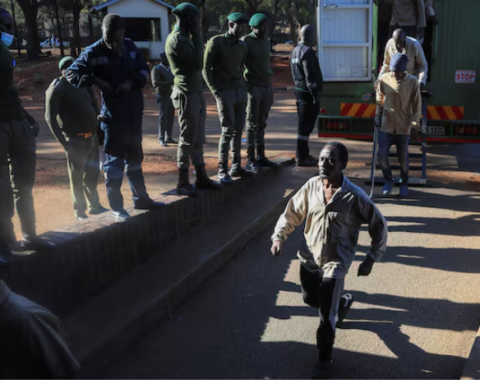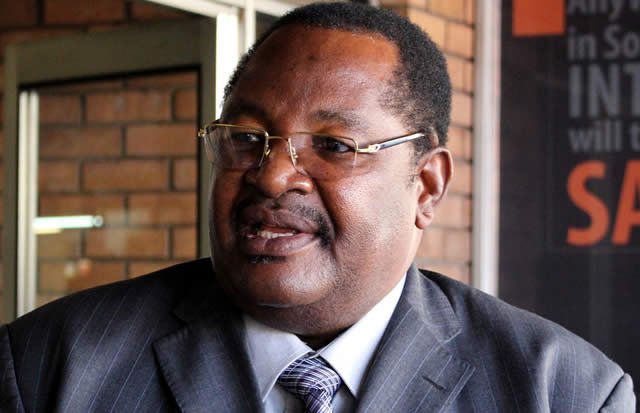In an unexpected political turn, the Zimbabwe African People’s Union (ZAPU) has stepped back from competing for the five Bulawayo parliamentary seats left vacant after a recent recall, allowing the previously ousted Citizens Coalition for Change (CCC) representatives to step back into the race.
Initially, the CCC expressed disinterest in engaging in what they termed a “muppet show” of elections, prompting ZAPU to announce its candidacy to prevent the ruling party, Zanu PF, from gaining ground in the city. This stance was reversed when the CCC ultimately filed their papers, and ZAPU responded by halting its campaign efforts.
According to the Zimbabwe Electoral Commission (ZEC) officer Mavis Mudiwakure, at the nomination court session, some candidates failed to meet the requirements, with four not managing to pay the $1,000 fee and one falling short on nominators.
ZAPU Secretary-General Mthulisi Hanana revealed that their withdrawal was strategic and not due to a failure to muster the nomination fee. The decision was made once it became clear that the CCC was actively contesting, which aligned with ZAPU’s primary goal to defend Bulawayo from Zanu PF influence.
“Our core motive was to protect our city at the national level,” Hanana explained, adding that once the former CCC MPs filed their papers, ZAPU’s objectives had been effectively met, prompting them to stand down.
An exception in ZAPU’s withdrawal is a lone candidate in Beitbridge West, who had completed the nomination process before the party’s decision could reach her.
ZAPU is refocusing its electoral strategy on local governance, adopting a “back to basics” manifesto for the 2023 harmonized elections, emphasizing the prioritization of community issues. This pivot is reflected in their decision to nominate council members for the vacant wards.
“We’re aligning with the community’s desire to concentrate on localized issues and governance,” said Hanana. He noted that participation at the council level is both a strategic move to connect with voters and an experiment to gauge public response to the party’s push for deharmonized elections, prioritizing local over national elections.
This move is not just about the immediate by-elections but is part of a longer-term strategy to build grassroots support ahead of the 2028 elections.
In sum, Hanana states that for ZAPU, the sacrifice of national representation is worth the potential to fortify its foundation from the ground up, ensuring that local governance is not overshadowed by national politics.








